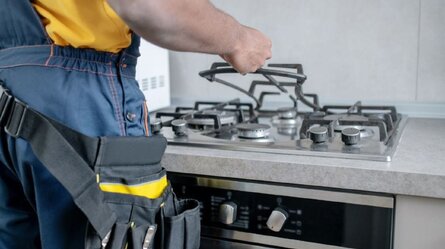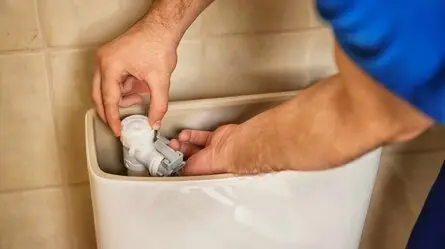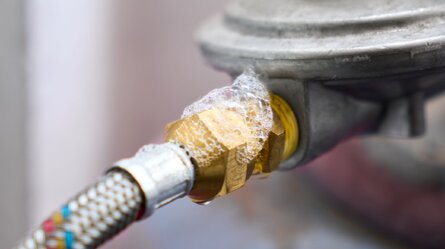Did you know that a single dripping tap can waste as much as 24,000 litres of water each year? This figure, reported by the NSW Government, not only raises your water bills but also adds pressure to Australia’s limited water resources.
Kitchen taps are among the most frequently used fixtures in any home, handling daily tasks like cooking, cleaning, and washing up. Over time, constant use leads to wear and tear, making taps more prone to leaks, reduced water pressure, and difficulty turning on or off.
Spotting the early signs of tap wear is essential to avoid expensive plumbing troubles. Small leaks can soon become bigger water damage headaches, impacting your cabinets, walls, and even floors.
By staying alert to these warning signs, homeowners can dodge costly repairs and save on unnecessary water waste.
Dripping or Leaking Taps: The First Red Flag
A dripping tap is often caused by damaged washers, a loose washer, or a worn-out cartridge inside the tap body. Over time, silicon-based seals and tap washers degrade, allowing water dripping to continue even when the faucet handles are fully turned off. Internal corrosion, rust stains, and mineral deposits can also cause a slow leaking tap, further affecting water flow and efficiency.
A leaky tap wastes litres of water every day, increasing your water bill unnecessarily. A dripping faucet with inconsistent water flow can also indicate a blocked aerator or an issue within the pipes.
If you ignore a damaged tap, it might lead to more issues, like mould under the sink or within your cabinets. Getting a qualified plumber in early ensures these plumbing problems don’t escalate, restoring your kitchen’s water supply back to normal.
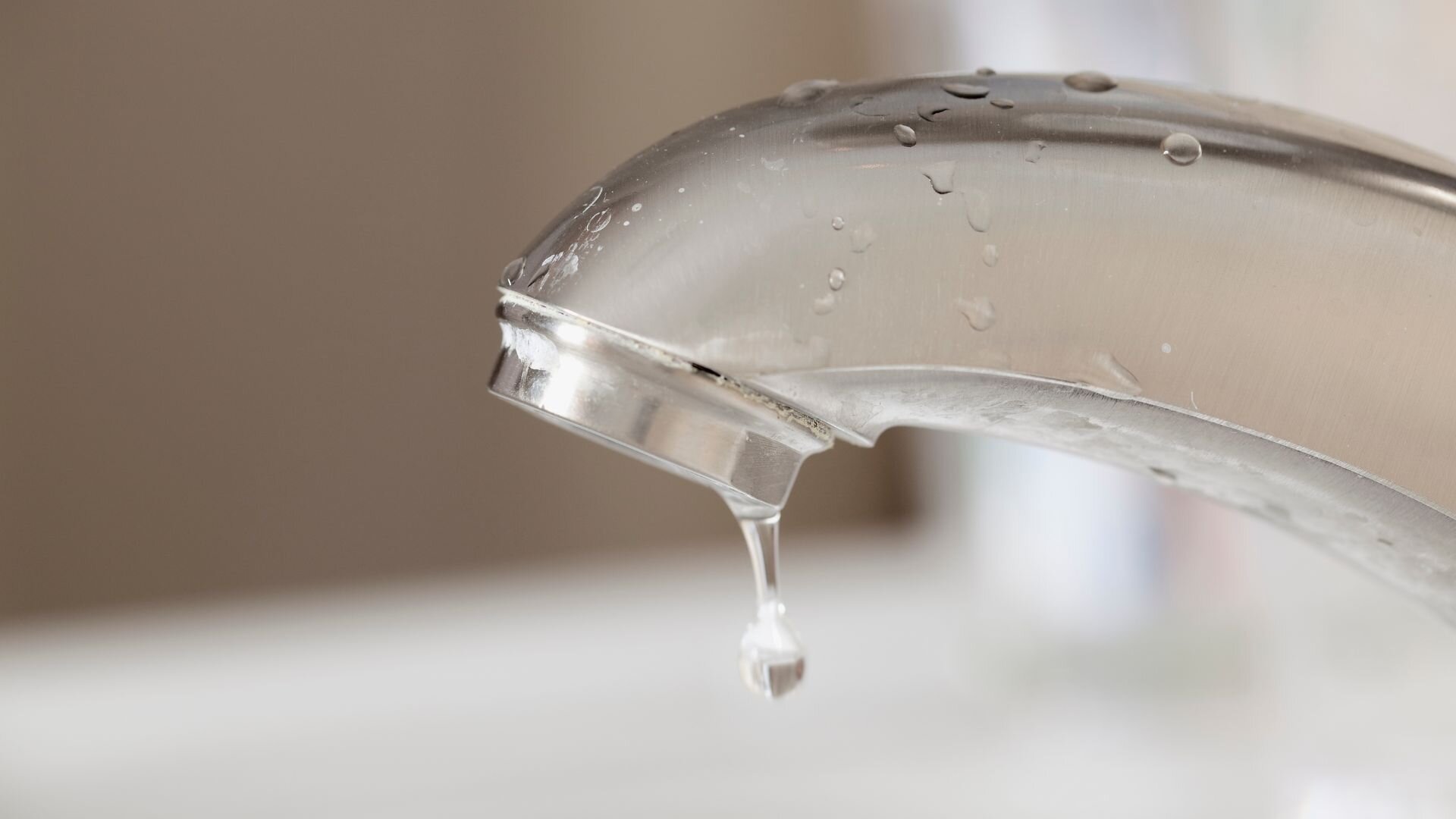
Stiff or Hard-to-Turn Handles
If your kitchen tap is becoming difficult to turn, mineral build-up or limescale deposits could be restricting water flow within the tap body. Older taps, especially nickel taps and chrome faucets, are prone to rust stains and internal wear and tear, causing faucet leaks and low water pressure.
Forcing a stiff tap can worsen the issue, leading to a damaged faucet or even a complete tap replacement. Stiff faucet handles may also indicate worn-out seals, a damaged washer, or a faulty cartridge inside the plumbing fixtures.
Addressing these issues early can prevent temporary fixes from turning into costly repairs. A new tap or modern faucet designed for improved aesthetic appeal and efficiency can restore proper water pressure and jet sprays for a steady stream of hot water in your kitchen faucet.
Bringing in a local plumber helps keep your tap in top shape, preventing water waste and ensuring your plumbing system stays in good nick.
Irregular Water Flow or Pressure Changes
If your kitchen tap has inconsistent water flow, a blocked aerator, mineral build-up, or a damaged tap mechanism could be to blame. A slow leaking tap often indicates limescale deposits restricting water pressure, leading to inconsistent flow or a weak steady stream. Over time, mineral deposits can clog internal components, causing a leaking tap or even a damaged faucet.
Sudden reduced water pressure or low water pressure might be caused by pipe blockages, a loose washer, or failing plumbing fixtures. If left untreated, these issues can lead to further damage, including faucet leaks or complete tap replacement.
Additionally, unusual noises such as loud noises, strange noises, or unusual sounds when turning the tap on or off could signal air pockets or obstructions in the plumbing system. Consulting a local plumber or a qualified plumber can help identify and resolve the underlying problem before it worsens.
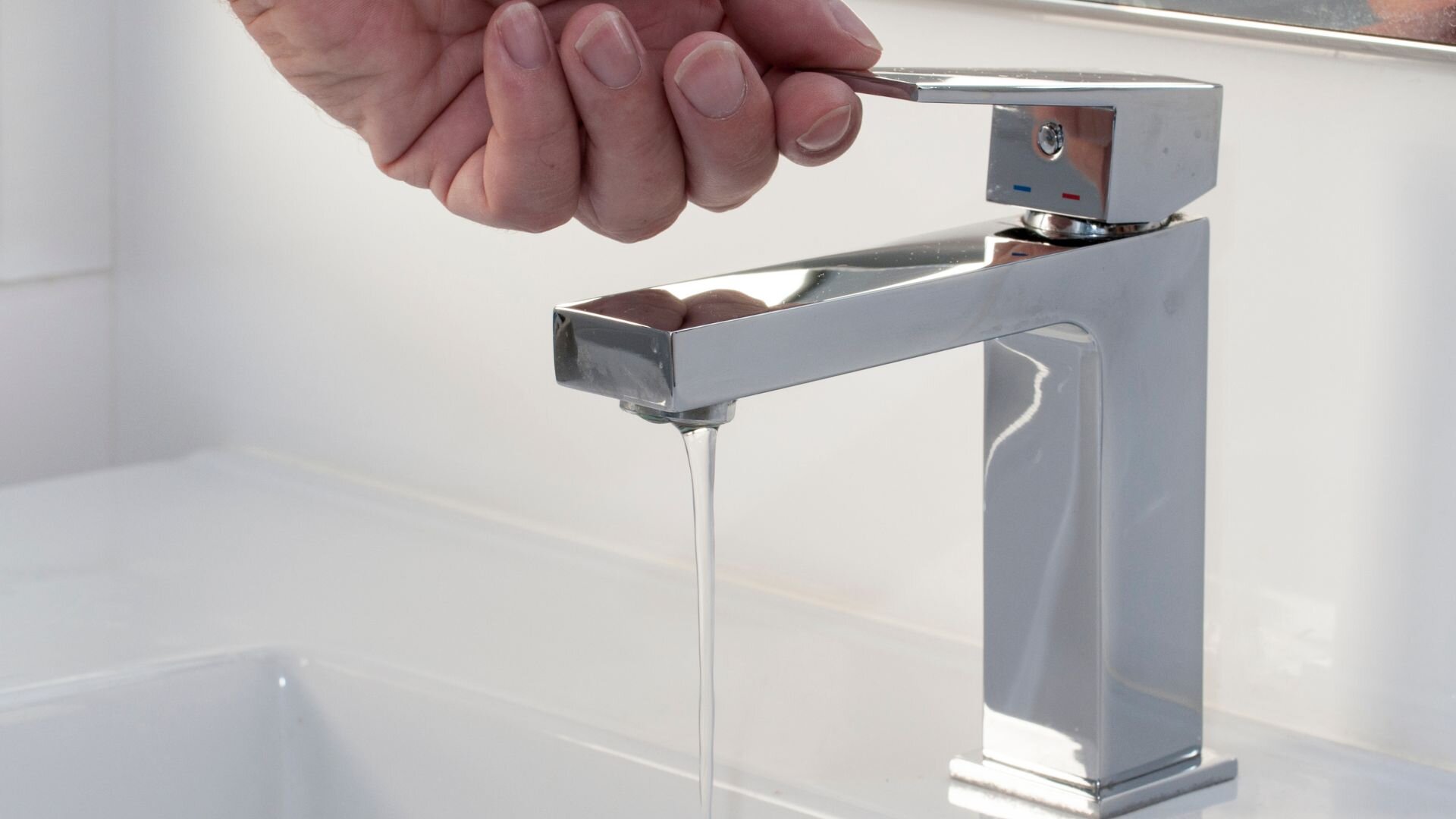
Rust, Corrosion, or Discolouration
Visible rust stains on the tap body, especially on older taps like nickel taps and chrome faucets, are a clear sign of wear and tear. Internal corrosion can weaken most faucets, leading to a dripping faucet or a leaky tap that wastes litres of water and increases your water bill.
If you notice water dripping with a brownish tint, your pipes or internal tap washers may be deteriorating. A contaminated water supply poses a health risk, making it essential to replace damaged washers and consider a new tap if corrosion is severe. Mould formation around the sink due to constant dripping may also indicate a failing faucet.
A temporary fix won’t resolve deep plumbing problems, so upgrading to modern faucets can provide a lasting solution with improved aesthetic appeal. Seeking advice from a professional plumber ensures your kitchen fixtures and plumbing system remain in good condition, preventing wasted water and costly repairs.
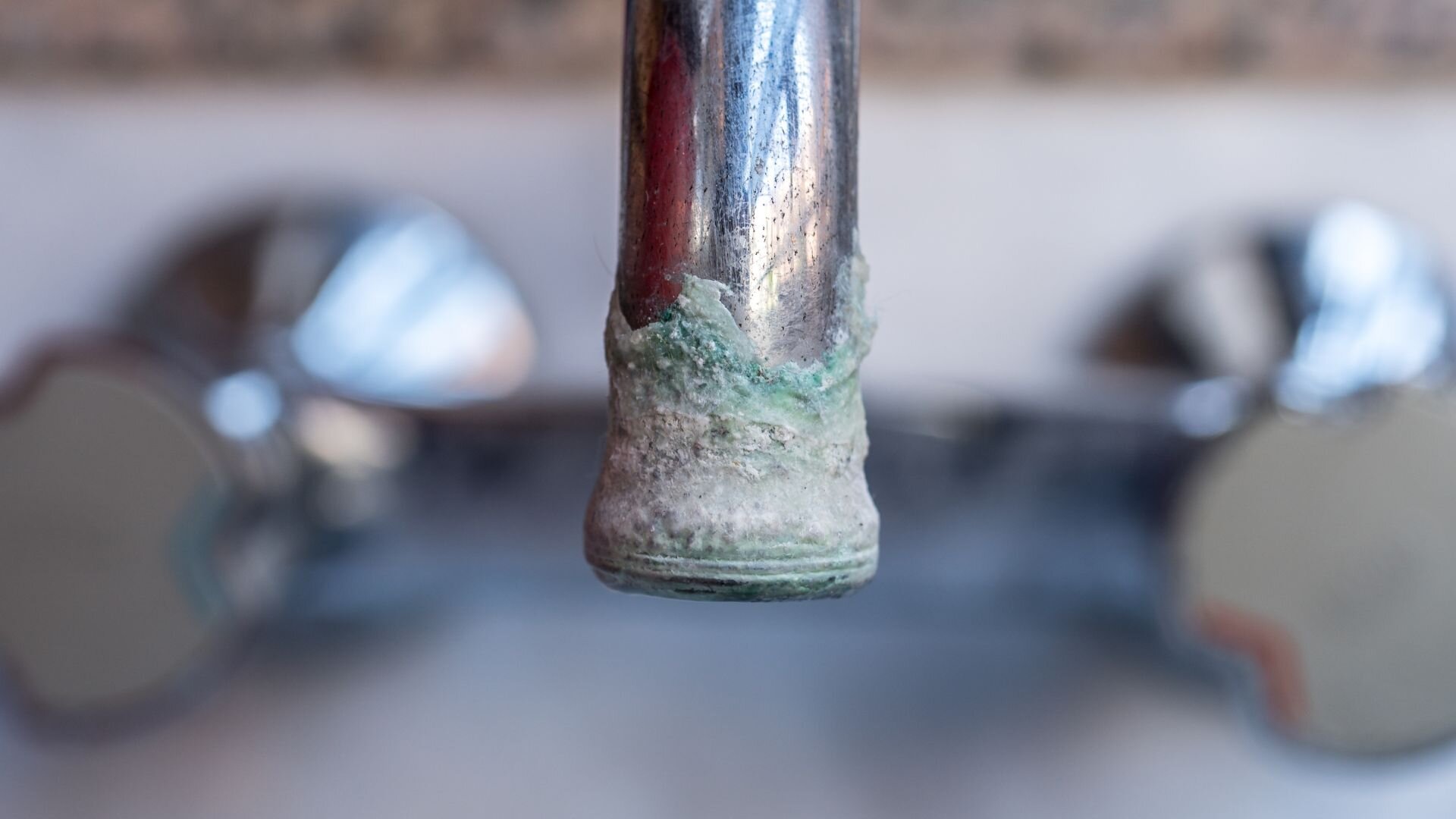
Strange Noises: Whistling, Squeaking, or Banging Sounds
If your kitchen faucet produces unusual noises like whistling, squeaking, or banging, it may indicate worn-out components or a damaged tap. A loose washer, faulty tap washers, or deteriorated silicon-based seals can create loud noises when water passes through.
Air trapped within the pipes can also result in a dripping tap making high-pitched unusual sounds, while excessive water pressure can cause strange noises or banging sounds when the tap is turned on. A leaky tap with a slow leaking tap may not seem alarming, but constant dripping accompanied by sound changes could signal deeper plumbing fixture issues.
In some cases, high water flow can cause vibrations in the tap body, leading to further damage over time. Older taps with worn faucet handles and damaged washers may also produce jet sprays instead of a steady stream, further affecting water control.
If chrome faucets, nickel taps, or kitchen fixtures emit unusual noises, it’s essential to call a local plumber or a qualified plumber. Addressing these plumbing system concerns early prevents temporary fixes from becoming expensive repairs, ensuring your tap is functioning properly.
Unexpected Water Temperature Fluctuations
Experiencing inconsistent water flow or unexpected water temperature changes in your kitchen sink may indicate wear and tear in the tap body. A damaged faucet with a faulty cartridge or a leaking faucet in older taps can cause hot water to fluctuate unexpectedly.
Worn mixer taps or a damaged washer inside most faucets can lead to inconsistent flow, creating discomfort and potential scalding risks. If you notice water dripping with low water pressure or reduced water pressure, it may be time for a tap replacement.
Installing a new tap or modern faucet can provide a lasting solution while improving aesthetic appeal and safety. Consulting a local plumber ensures your kitchen fixtures are functioning properly without the risk of temperature fluctuations.
Fluctuating water pressure can also result from mineral build-up inside pipes or faucet leaks within kitchen fixtures. Limescale deposits in plumbing fixtures restrict water flow, making it difficult to maintain a steady stream at a consistent temperature. A blocked aerator may also cause temperature shifts and uneven water supply, particularly in older taps or damaged taps.
Ignoring warning signs of water wastage due to temperature issues may lead to further damage within the plumbing system. If you notice rust stains, mould formation, or unusual noises when using the kitchen faucet, it’s best to consult a professional plumber. A new faucet can resolve ongoing water wastage concerns and enhance overall efficiency.
Tap Troubles? Let Woolf Plumbing Handle It!
Ignoring wear and tear in your kitchen tap can lead to leaking faucets, reduced water pressure, and costly plumbing problems. A slow leaking tap may not seem urgent, but over time, constant dripping wastes litres of water and increases your water bill. Unusual noises, inconsistent water flow, and faucet leaks are clear warning signs that your plumbing system needs attention.
Instead of letting a faulty tap wreak havoc, get a professional plumber in for an expert check-up. Problems like rust stains, mineral build-up, and blocked aerators waste a lot of water, hitting efficiency and safety hard. A skilled plumber will pinpoint the issue and suggest a long-lasting fix, be it a new tap or minor tweaks.
Woolf Plumbing provides expert plumbing services, including kitchen fixture repairs, leaking tap fixes, and tap replacement solutions. Their team ensures your kitchen faucet and plumbing system are functioning properly, preventing wasted water and unexpected breakdowns.
Don’t let a dripping faucet turn into a major headache. Contact Woolf Plumbing today for fast, reliable assistance and to keep your home’s water supply running smoothly!


